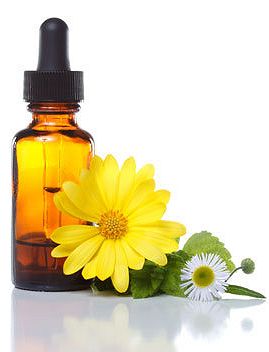Homeopathy was founded by Samuel Hahnemann in Germany in the 1700's. Two basic principles are involved.
The principle of similars: which is that a remedy that in large amounts (or material doses) would cause a collection of symptoms, can be used to cure those same symptoms.
Ultra dilution: Hahnemann discovered that the substances he used could be diluted down to a level at which there is none of the original substance left in the remedy, but an action is retained, if the dilution is interspersed with succussion (essentially agitation).
Homeopathy seeks to cure from the inside out. Sometimes this can mean that aggravations of symptoms can occur during treatment, but these aggravations usually indicate a good remedy match and are short-lived and mild.
Homeopathy can be used alongside conventional treatment without interactions and I would always advise you to continue your conventional treatment whilst having homeopathic treatment.
Although homeopathy has now been around and has been found useful for several hundred years, it is only recently that science has begun to discover potential mechanisms for its action. Basic science has now identified that remedies do retain a unique signature depending on the substance used to make them, despite this serial dilution. It has also demonstrated that remedies exert effects on basic living structures and how electromagnetic forces may be responsible for exerting that effect. See link for the faculty of homeopathy's research page. https://www.facultyofhomeopathy.org/pages/access-to-homeopathy-journal-research-articles-2021-22

